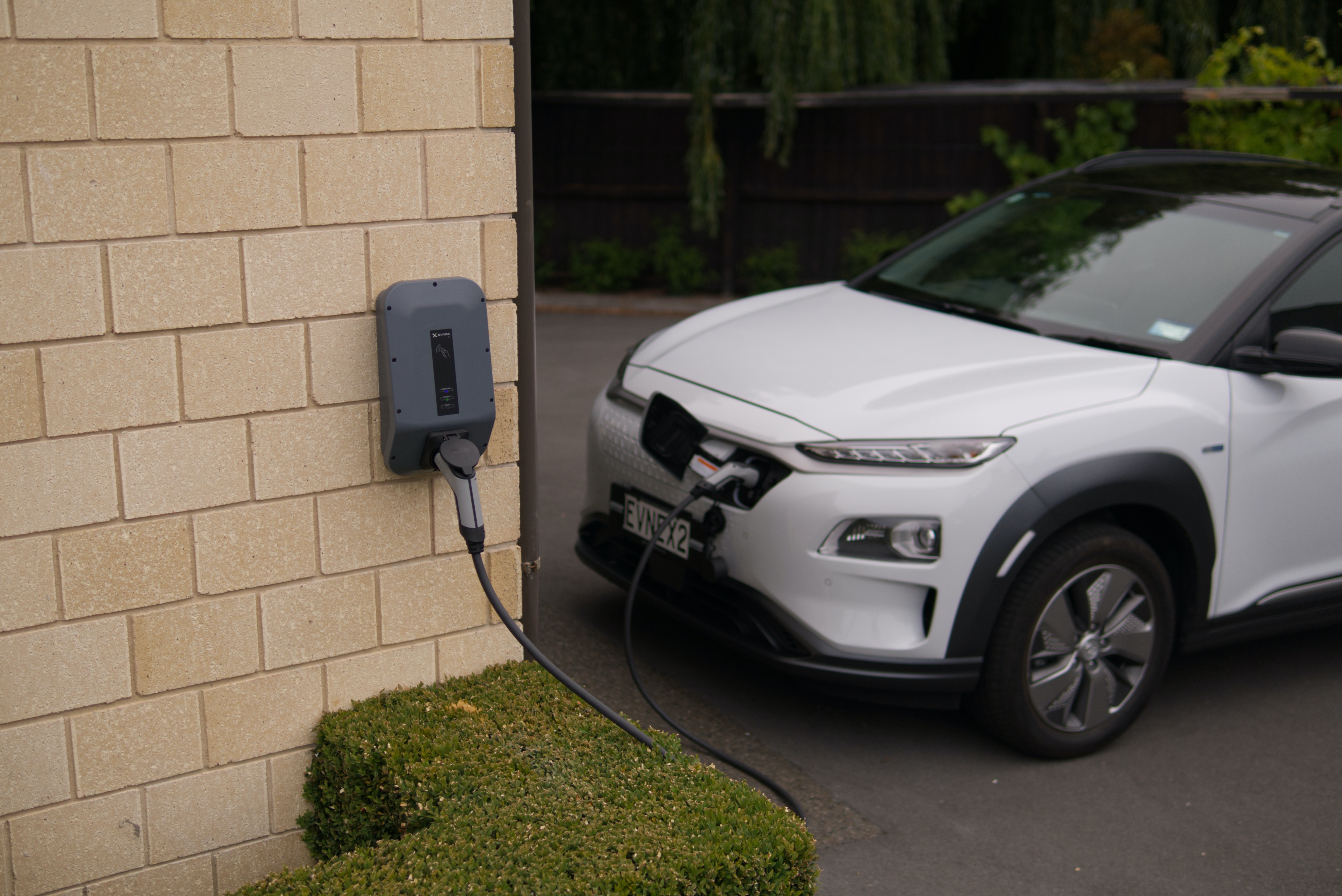What is an Electric Vehicle (EV)?

EV Nepal
· Aug 5, 2023

Electric Vehicles (EV) have been around since the 1800s. They aren’t particularly new but are seeing a resurgence of late. Companies like Tesla has been at the forefront of the EV industry since it launched the Tesla Roadster in 2008 and many other manufacturers are following suit. Nations around the world are now focusing on EV and electric mobility with Norway leading the charts with its highest market penetration in the world when it comes to EVs. But what is an electric vehicle and how is it different from a conventional internal combustion engine (ICE) vehicle?
Electric vehicles by definition run on electricity unlike gas cars which require burning fossil fuels to produce energy. Electric vehicles have a battery pack within their body that provides all the needed energy to move the vehicle and power the onboard electronics. Instead of an engine with pistons and valves and a hundred other parts, they have one or more motors that turn the wheel and push the vehicle forward (or backward when in reverse gear).
So what’s all the fuss about electric vehicles and why are so many countries rushing to switch to electric by the next decade(s)?
Internal combustion engine vehicles depend on fossil fuels to generate power. These fossil fuels are burned inside the engine and produce emissions that are harmful to the environment. And on top of it all fossil fuel reserves underneath our earth’s crust is a finite resource. Various studies show that we have less than 100 years worth of oil reserves at today’s rate of consumption. So electric vehicles have two distinct advantages over traditional vehicles. They do not need fossil fuels, instead running on electricity and have zero tailpipe emission meaning no pollution at all when they are running.
With these major changes in how they operate EVs also come with a slew of other advantages over an ICE vehicle. Electric motors, unlike engines with moving parts, are much more silent and efficient. This makes cruising in an EV at even high speeds feel like the ignition isn’t even turned on. You might hear a silent whine of the motor but it is negligible and drivers and passengers on an EV have reported a higher level of comfort as there is less noise and reduced vibration because of the lack of an engine.
EVs also have far fewer parts than their gasoline counterparts. This makes them more resistant to wear and tear. As a result they are relatively lower maintenance than a gas car. They don’t need oil change, they don't need filter change, they don’t need to be serviced as often. And the best part of it all is the fuel cost. Gas prices are ever increasing. EVs running on electricity means the operating cost of an electric vehicle is only a fraction of that of a gas vehicle. You don’t even have to drive to a gas station to refuel your EV. You can do it at your own homes. To top if all off EVs are simply more efficient than a combustion engine. A combustion engine has an efficiency about 30-40% whereas an EV converts more than 70% of the stored energy in the battery into useful work.
Features of an EV
- Environment friendly: Zero tailpine emission and reduced noise levels
- Superior ride experience: Silent and comfortable operation, instant torque, swift acceleration, less vibration
- Pocket friendly: Operating costs lower than a comparable ICE vehicle, minimal maintenance and servicing required
- Advanced technology: Energy storage/backup power using EV battery, V2G (vehicle to grid), two way charging, connected tech
| Electric Vehicle | ICE Vehicle |
|---|---|
| Use electricity to run | Burn fossil fuel to run |
| No greenhouse gas emission, environmentally friendy | Tailpipe emission causes pollution |
| Up to 80% efficiency | Only 30-40% efficiency |
| Cheaper to maintain | Increased servicing and maintenance costs |
| Improved ride quality because of low noise and vibration | More noise and vibration due to the engine |
| Average driving range still less than a gas car | Can go furthur on a full tank than an EV |
| Charging infrastructure not as robust as gas stations | Easier to reful as gas stations are widely available |
| Most EVs take longer to charge than filling up a tank of gas | Quicker to refuel compared to an electric vehicle charging |